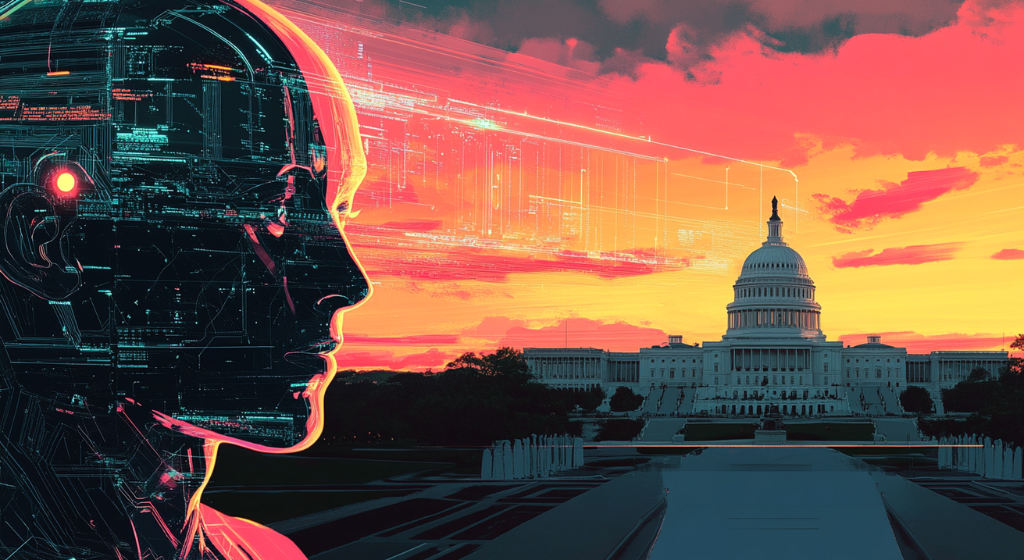
The U.S. government is expanding its use of AI with ChatGPT Gov, a tailored version of OpenAI’s technology designed to enhance efficiency, streamline public services, and support secure operations across federal, state, and local agencies. (Source: Image by RR)
U.S. Government Agencies Leverage ChatGPT Gov to Improve Public Services and Security
The integration of AI into U.S. government operations is expected to enhance efficiency, improve productivity, and strengthen America’s position as a global AI leader. To support this effort, OpenAI has introduced ChatGPT Gov, a specialized version of its AI model tailored for government use. This platform is designed to help agencies tackle complex challenges in areas such as public health, infrastructure, and national security while adhering to democratic values and strict regulatory guidelines. By offering AI-driven solutions, ChatGPT Gov aims to streamline operations, optimize service delivery, and improve decision-making within various government sectors.
ChatGPT Gov can be deployed on Microsoft Azure’s commercial or Government Cloud, allowing agencies to self-host and maintain high security and compliance standards, including IL5, CJIS, ITAR, and FedRAMP High. The platform, as reported in openai.com, includes advanced features such as saving and sharing conversations, processing text and image files, and leveraging GPT-4o for tasks like summarization, coding, and analysis. Government employees can also create and distribute Custom GPTs tailored to their specific workflows, while an administrative console enables IT teams to manage access, security, and compliance settings efficiently.
Since 2024, ChatGPT has been adopted by over 90,000 users across 3,500 federal, state, and local agencies, with more than 18 million messages exchanged for operational purposes. Several government entities have already implemented AI-powered solutions: The Air Force Research Laboratory is using ChatGPT Enterprise for administrative functions and AI education, while Los Alamos National Laboratory is incorporating the technology into scientific research. The State of Minnesota’s Enterprise Translations Office has adopted ChatGPT Team to enhance translation services for multilingual communities, reducing costs and turnaround times.
The Commonwealth of Pennsylvania has also piloted ChatGPT Enterprise in a groundbreaking AI program, where employees reported saving an average of 105 minutes per day on routine tasks. These implementations reflect the increasing role of AI in government operations and its potential to improve service delivery. OpenAI continues to work toward FedRAMP accreditation and explore classified deployments within Azure’s infrastructure. As AI adoption in the public sector grows, initiatives like ChatGPT Gov highlight the increasing reliance on artificial intelligence to enhance efficiency, security, and public trust in government services.
read more at openai.com







Leave A Comment